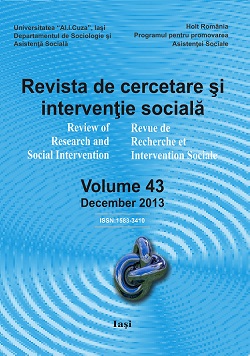Local Knowledge in the Lips of Globalization: Uncertainty of Community Participation in NGO Activities
Local Knowledge in the Lips of Globalization: Uncertainty of Community Participation in NGO Activities
Author(s): M. Rezaul Islam, Abd. Wahab Haris, Abu Bakar Ah SITI HAJARSubject(s): Social Sciences
Published by: Expert Projects Publishing
Keywords: globalization; global knowledge; local knowledge; community participation; NGO; Bangladesh.
Summary/Abstract: Community participation in the local knowledge system (LKS) has been proved successful in the development activities of the non-governmental organizations (NGOs). It is true in the developing countries like Bangladesh, where majority of the people depend on indigenous skills in their livelihoods. But gradually, globalization has become important process in many aspects of the development activities, which emphasises global knowledge (GK) and it has been proved more successful in many cases. It is seen that many NGOs emphasise the GK in their development interventions because of its high productivity and funding opportunity. Due to the poor socio-economical and cultural conditions and local people’s traditional habits, the NGOs with GK intervention partially failed to secure participation of the local people in their development activities. This paper looks how globalization generates spans of uncertainties of community participation in NGOs’ development activities. The findings of the paper are mostly based on literature review and some opinions are added from the authors’ empirical investigation. The paper shows how the NGOs’ interventions for community participations are distorted due to globalization. The paper argues that the NGOs in developing countries such as Bangladesh are mostly depended on foreign donations, and used global frameworks in development activities, which might not consider the local needs and local voices. First, the paper shows the position of local knowledge in the globalization and then analyse how the globalization distorted the ways of community participation. In conclusion, the paper offers a new way of thinking which can secure effective community participation in NGO activities.
Journal: Revista de Cercetare şi Intervenţie Socială
- Issue Year: 2013
- Issue No: 43
- Page Range: 7-23
- Page Count: 17
- Language: English

